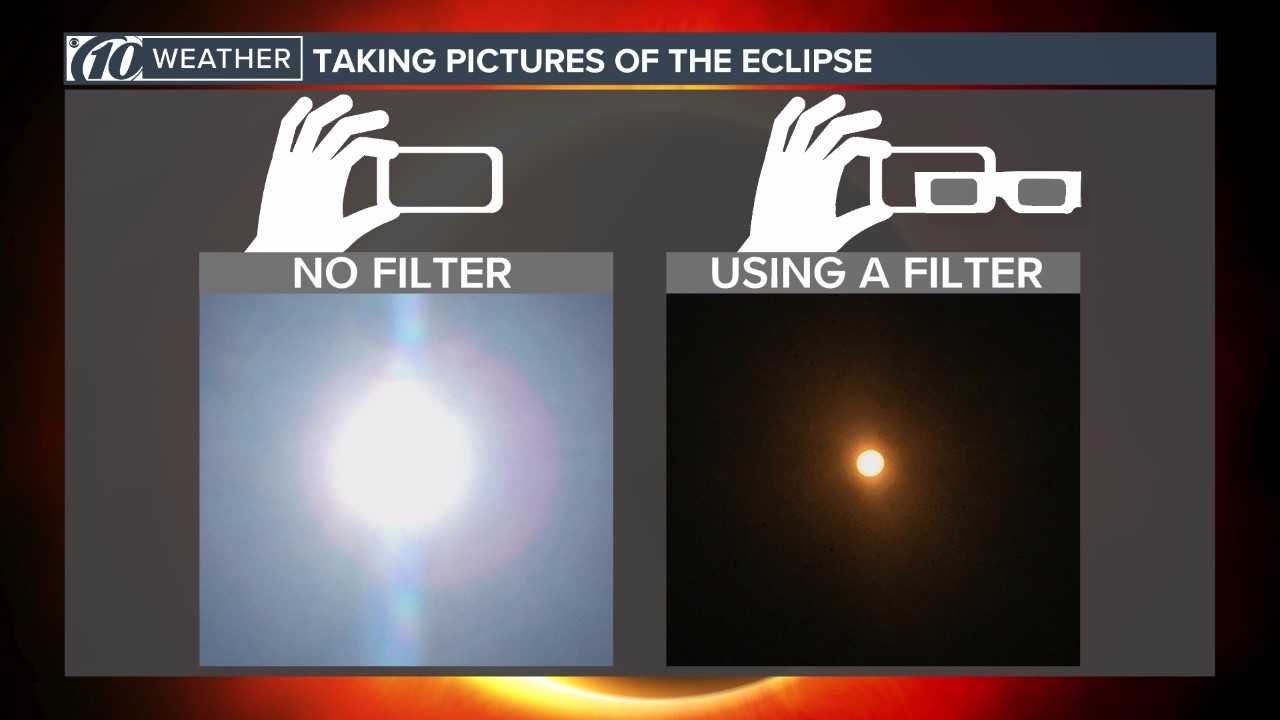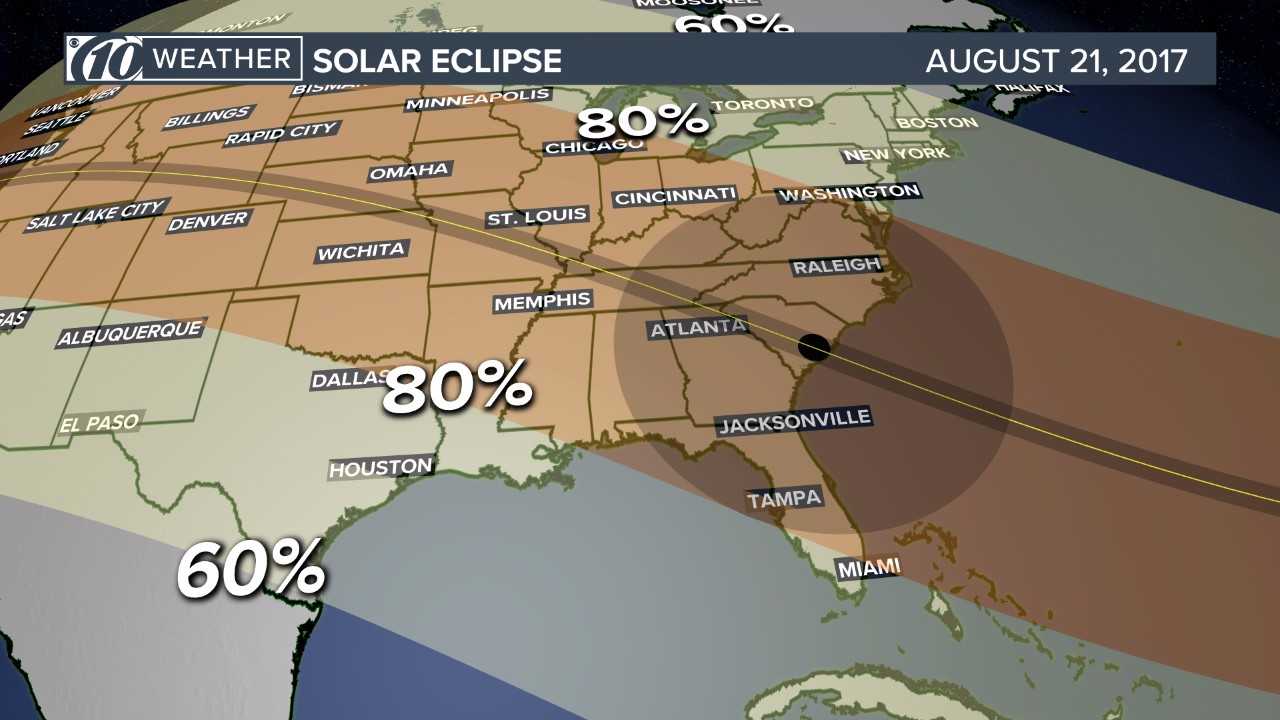Understanding the Risks of Eclipse Viewing
Hey there, have you ever heard that watching a solar eclipse is way worse for your eyes than just staring at the sun on a regular day? It might sound a little crazy, but there’s actually some serious science behind it. Let’s break it down in a way that makes sense and helps you understand why protecting your vision during an eclipse is so crucial.
What Makes an Eclipse So Deceptive?
Here’s the deal: when you normally look at the sun, it’s so bright that your natural instinct kicks in, and you immediately look away. It’s like your body saying, “Nope, not gonna do that.” But during an eclipse, something sneaky happens. The moon starts to block out part of the sun, making it look dimmer. That dimness tricks your brain into thinking it’s safe to stare. But guess what? The sun’s harmful UV rays are still there, doing their damage without you even realizing it.
Is an Eclipse Really More Dangerous Than the Sun?
Now, here’s the million-dollar question: is looking at the sun during an eclipse actually worse than staring at it on a regular day? The short answer is yes, and here’s why. During an eclipse, people tend to let their guard down. They think, “Hey, it’s not as bright, so it must be okay.” But that’s where the danger lies. You see, your eyes don’t feel pain when UV rays are damaging your retina. So, you could be staring at the sun for minutes without even realizing the harm you’re causing.
Read also:Chrissy Teigen And John Legend Welcome Rescue Dog Dudley Into Their Family
Why the Moon’s Shadow is No Shield
Let’s dive deeper into the science. During a partial eclipse, the moon only covers part of the sun, leaving a bright sliver still shining through. That sliver might seem harmless, but it’s packing just as much UV punch as the full sun. Your pupil dilates to try and take in more light, thinking it’s darker out. But instead of protecting you, this actually lets more harmful rays hit your retina, increasing the risk of permanent damage.
How to Watch an Eclipse Safely
Alright, so now you know the risks, but that doesn’t mean you have to miss out on this incredible celestial event. With the right precautions, you can enjoy the eclipse without putting your eyes in danger. First and foremost, you need proper eclipse glasses. These aren’t your regular sunglasses—they’re specially designed to filter out 99.999% of the sun’s harmful rays. Make sure they meet the international safety standard ISO 12312-2.
Proper Use of Eclipse Glasses
When it comes to using eclipse glasses, there’s a right way and a wrong way. Here’s what you need to know: before you even think about looking up, make sure your glasses are on properly. Adjust them so they fit snugly over your eyes, and don’t remove them until you’re done observing. If you’re using binoculars or a telescope, you’ll need special solar filters for those too. Trust me, it’s not worth the risk to skip these steps.
Common Myths About Eclipse Viewing
There are a lot of misconceptions out there about eclipses, and it’s time to clear them up. For starters, some people think that because the sun looks darker during an eclipse, it’s safe to glance at it for a second. Wrong! Even a brief moment of exposure can cause serious damage. Others believe that regular sunglasses will do the trick. Again, not true. Regular sunglasses might block out some of the brightness, but they won’t protect you from the invisible UV rays.
What Happens If You Stare Too Long?
Let’s talk about the consequences of staring at the sun during an eclipse. The damage can range from temporary vision loss to permanent blindness. When UV rays hit your retina, they can cause a condition called solar retinopathy. This happens when the light-sensitive cells in your retina get fried, leaving you with blind spots or distorted vision. And here’s the kicker—there’s no cure for it. Once the damage is done, it’s done.
Why You Shouldn’t Take Chances with Your Vision
Look, I get it. The idea of missing out on such a rare and beautiful event might seem unbearable. But think about it this way: would you rather experience the awe of an eclipse for a few minutes or have healthy vision for the rest of your life? The choice is clear. By taking the necessary precautions, you can have both. So, grab your eclipse glasses, follow the safety guidelines, and enjoy the show without worrying about your eyes.
Read also:Julia Roberts And Danny Moder A Hollywood Love Story That Stands The Test Of Time
Final Thoughts
Staring at an eclipse might seem harmless, but the risks are real. The deceptive dimness of the sun during an eclipse can trick you into thinking it’s safe, but the truth is, it’s just as dangerous—if not more so—than staring at the sun on a normal day. Protecting your eyes doesn’t have to be complicated. With the right tools and knowledge, you can enjoy this once-in-a-lifetime experience without putting your vision in jeopardy. So, go ahead, look up, and marvel at the wonders of the universe—but do it safely!



